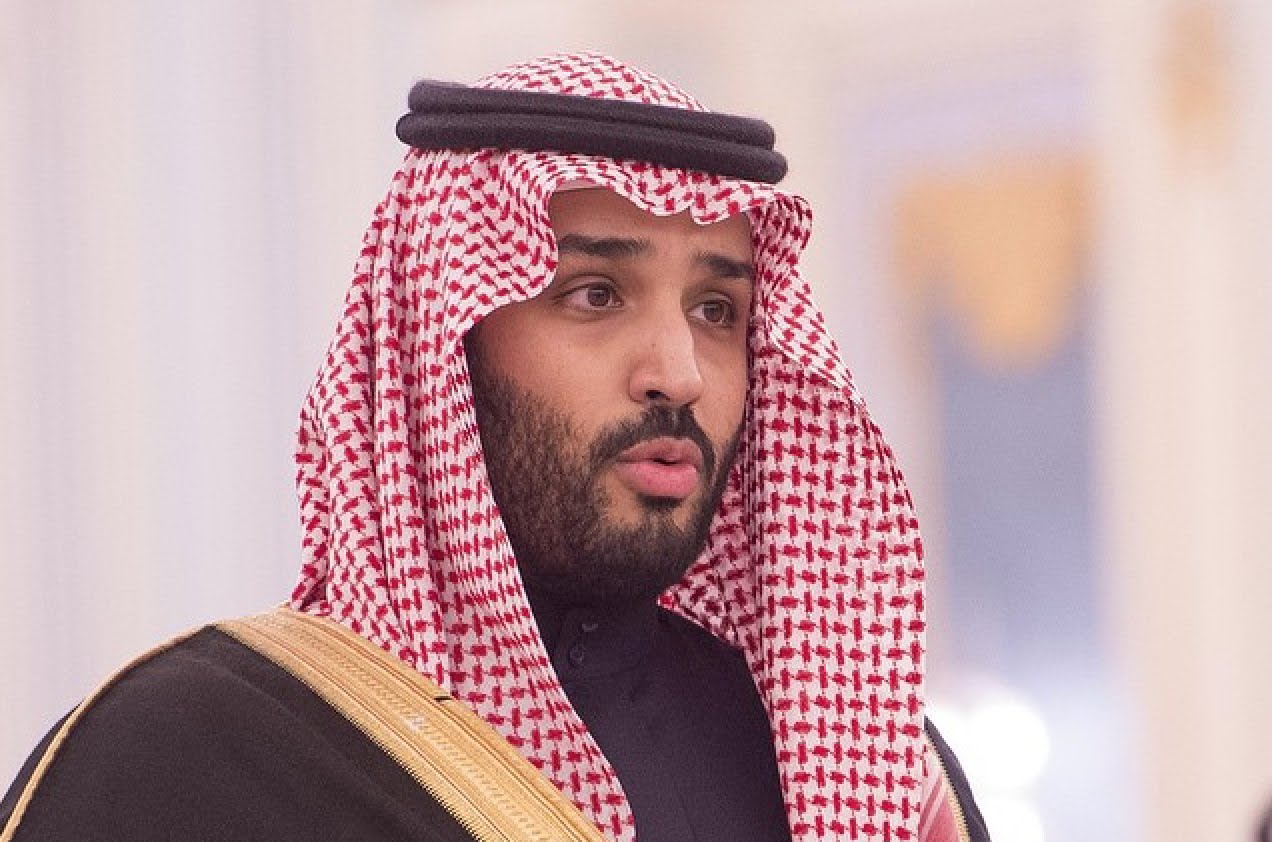
During the first two months of 2018, the Saudi government beheaded 32 individuals, 15 of whom were non-Saudi, from Pakistan, Egypt, Nigeria, Jordan and Lebanon, in addition to a stateless “Bedoun”.
Saudi Arabia has been named as one of three countries who bear responsibility for 87% of all world death sentences. This was confirmed by Secretary – General of the United Nations.
These numbers reflect the low credibility of Saudi government claims at international level, in which they claim that they do notissue death sentences except for the ‘most serious of crimes’. According to international law, drugs offenses are not considered to meet the criteria of the ‘most serious, and despite this, which its percentage of those executed for drug offences reached more than 50% in the first two months of 2018.
Furthermore, these figures reflect the lack of procedural safeguards, and reflect a flawed imbalance in the Saudi justice system. For example, the legal analysis for the protester Mohamad Al-Shoyoukh case, who was unlawfully executed on January 2nd, 2016 during a mass execution, by beheading via sword, highlighted that he his death sentence followed a grossly unfair trial.
The European Saudi Organisation for Human Rights have documented that the implementations of death sentences by Saudi Arabia reached 1254 death sentence during the period between 2004 till February 2018. More than 30% of these executions were for ‘non-serious’ drugs charges. Moreover, ESOHR documented Saudi government violations related to unfair trials. As a case in point, Hussein Abulkhair was charged with drugs offenses and being subjected to torture and coercion, his trial was deeply flawed and lacked basic fair trialconditions, such as the absence of a lawyer.
While the government fails to publish clear data on individuals facing death sentences, ESOHR’s monitoring confirms there are 42 individuals currently who have been sentenced to death and at various levels of litigation. Thirty of these cases have exhausted all legal avenues and have been given a final death penalty judgement, which may be implemented at any moment and without prior notification to their families. Among these cases, are some accused of drugs crimes or on charges of related to expressing their opinion or participating in demonstrations. Furthermore, according to the organisations data, there are 8 children amongst the detainees who have been final death penalty judgement, and they are at imminent risk as their execution orders may be implemented at any time.
The European Saudi Organisation for Human Rights believes that the first two months of 2018,witnessed a doubling of the monthly average of executions. A rate of nearly 6 executions per month during the last fourteen years. However, in the first two months of 2018, the execution rate averaged 16 executions per month, a rise of 167% from the average rate. Saudi Arabia’s lack of an independent judiciary has prompted the organisation to raise the alarm in defense of the lives of the detainees threatened with execution for non-serious charges and especially for those who were minors when charged.
